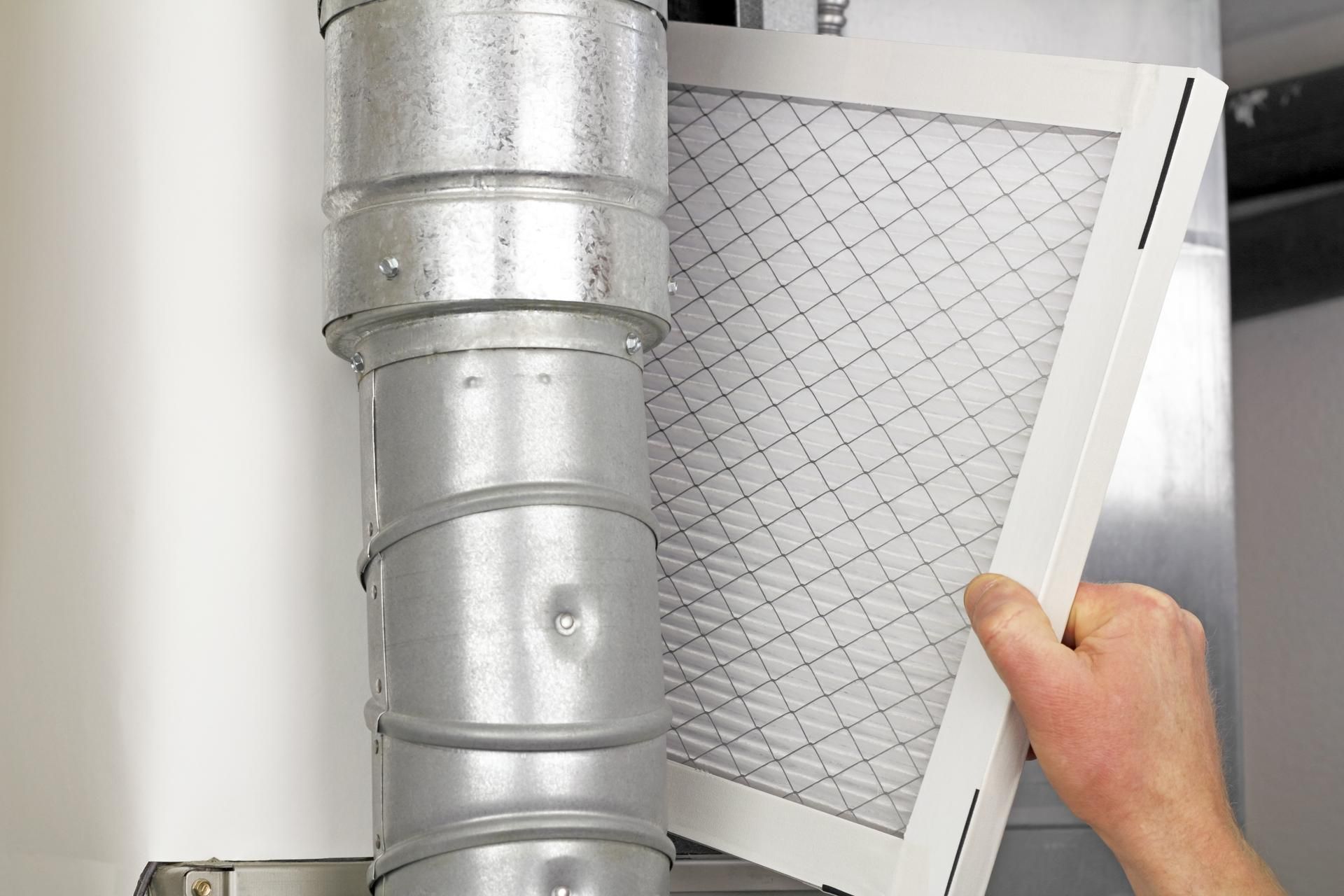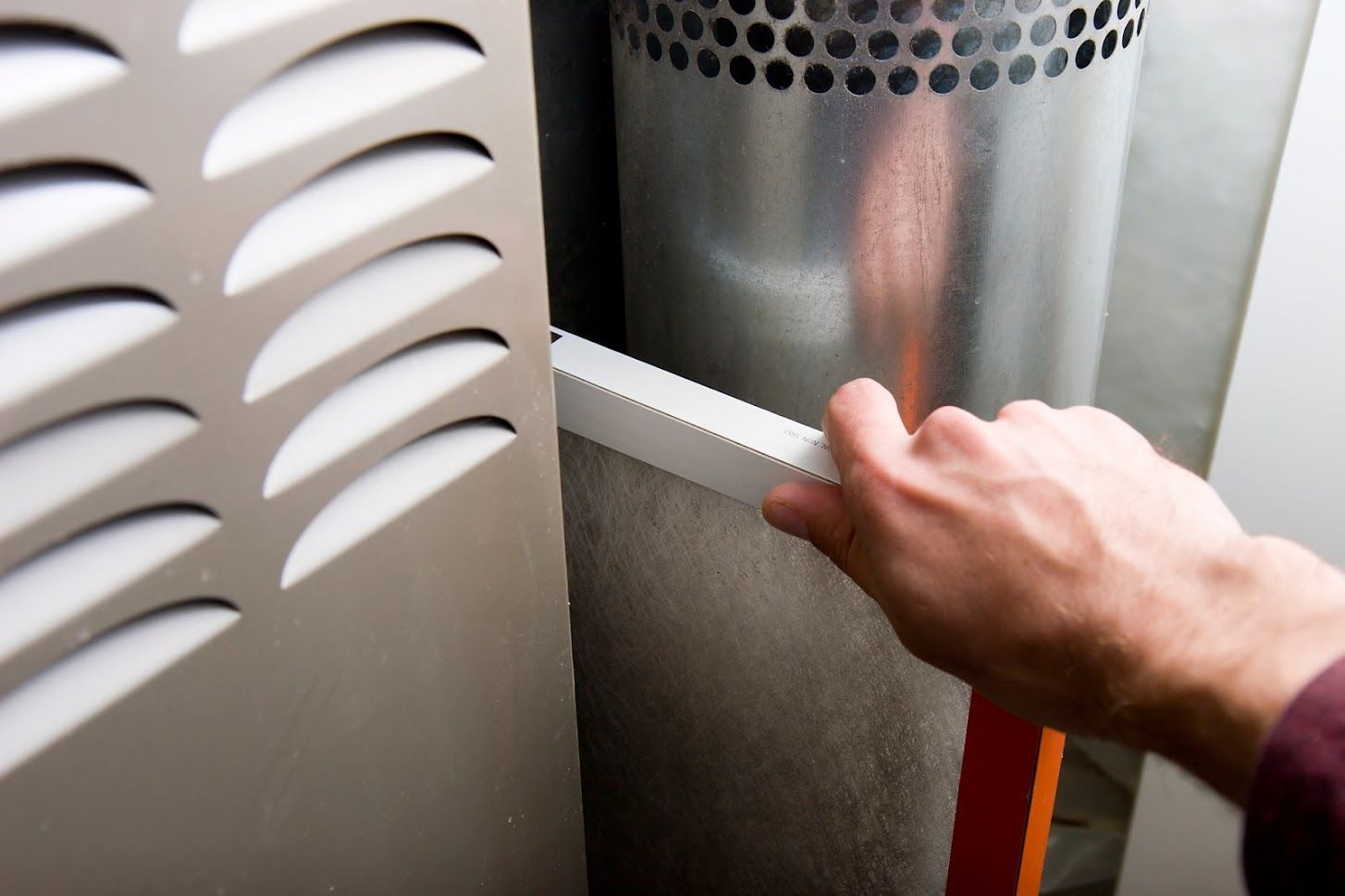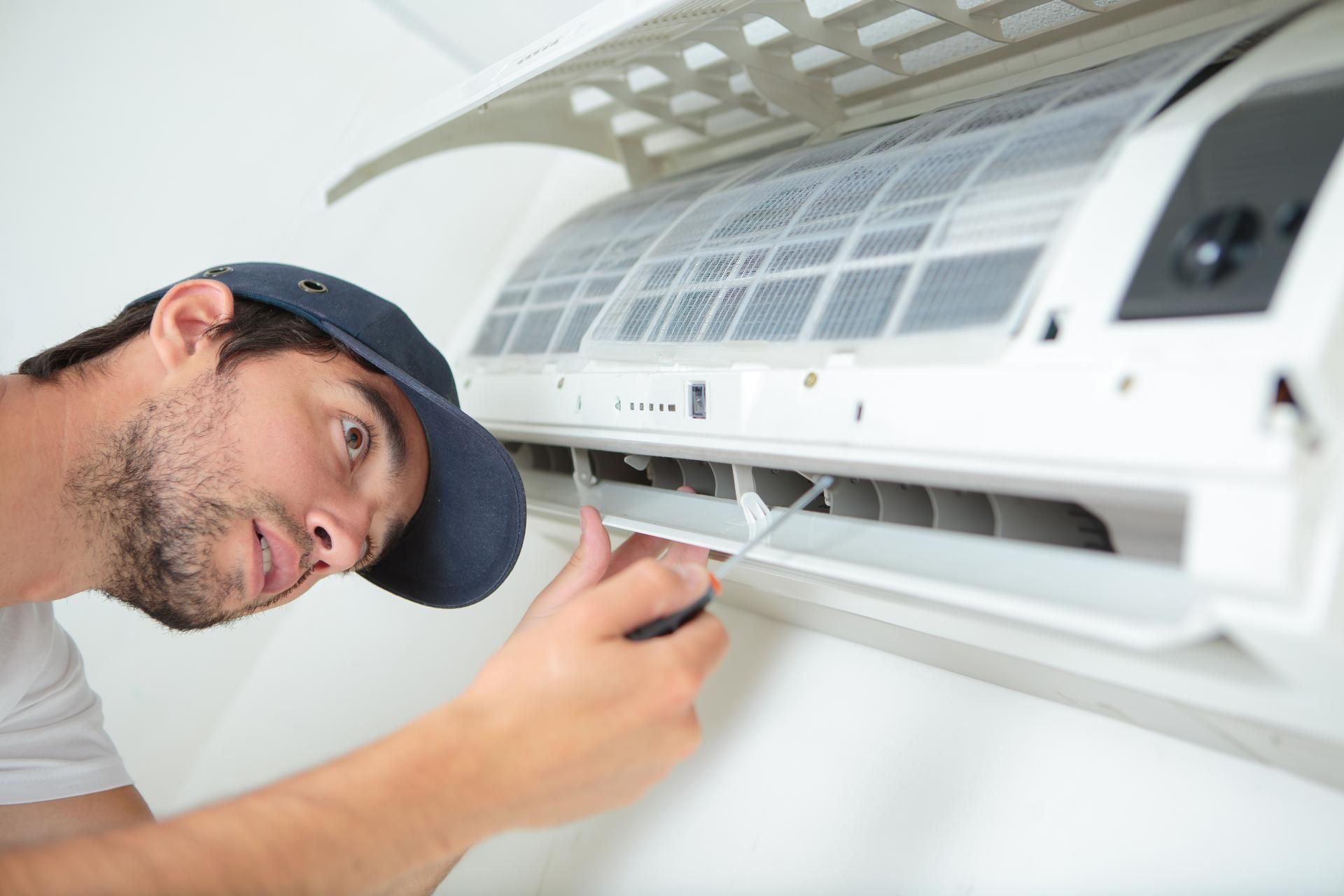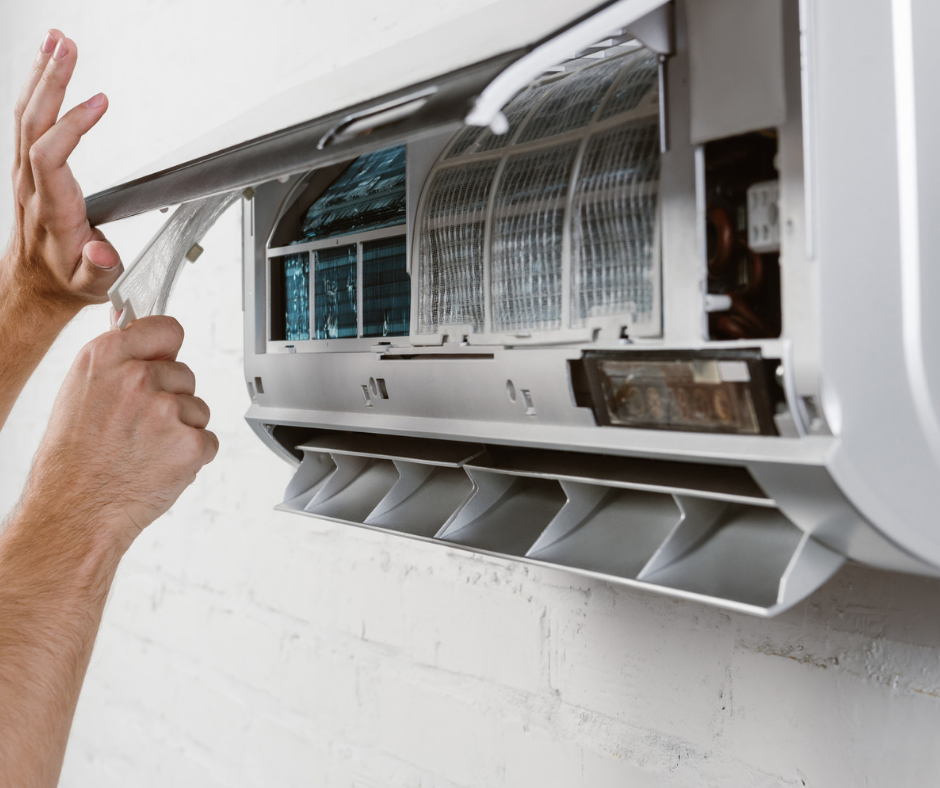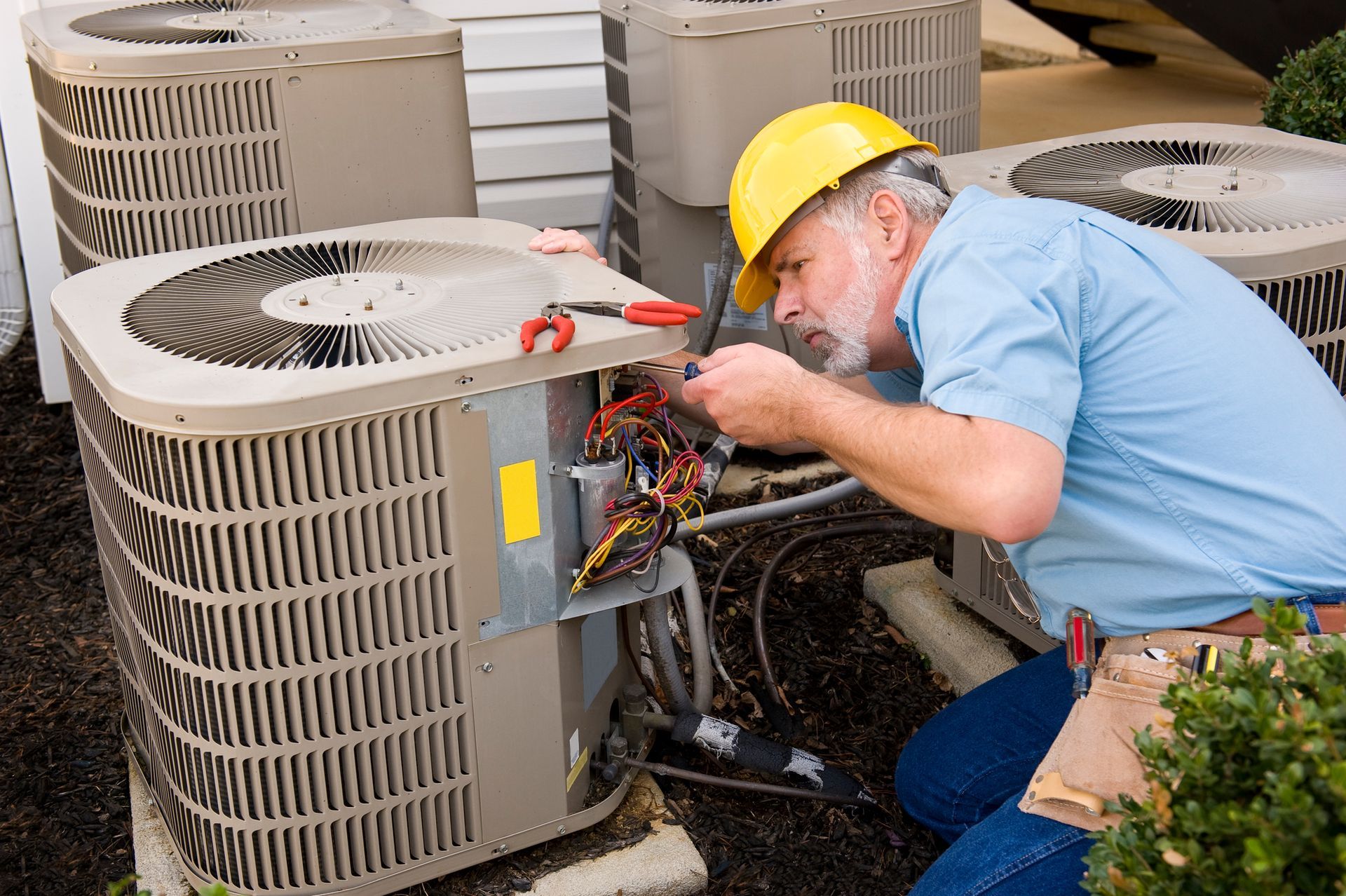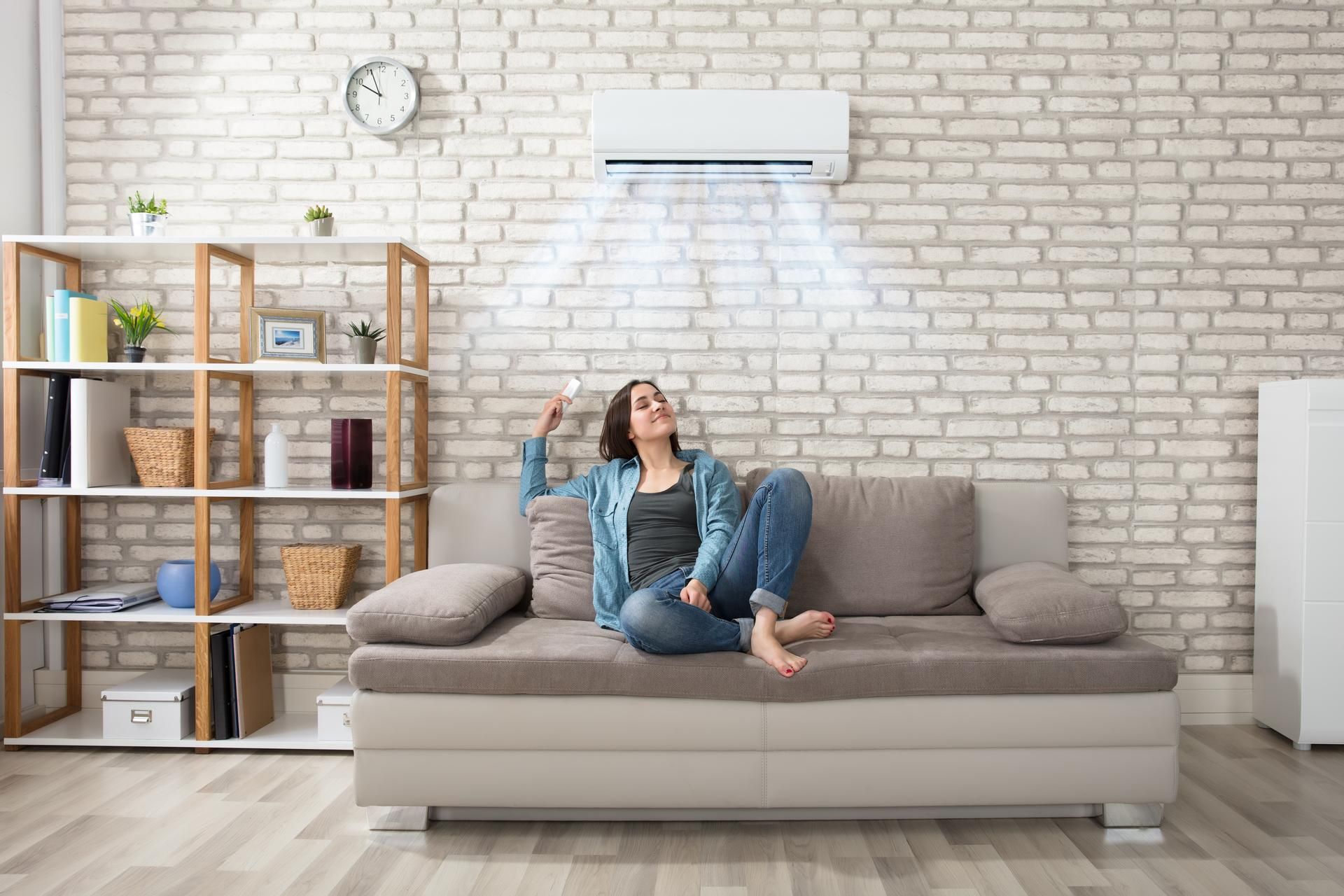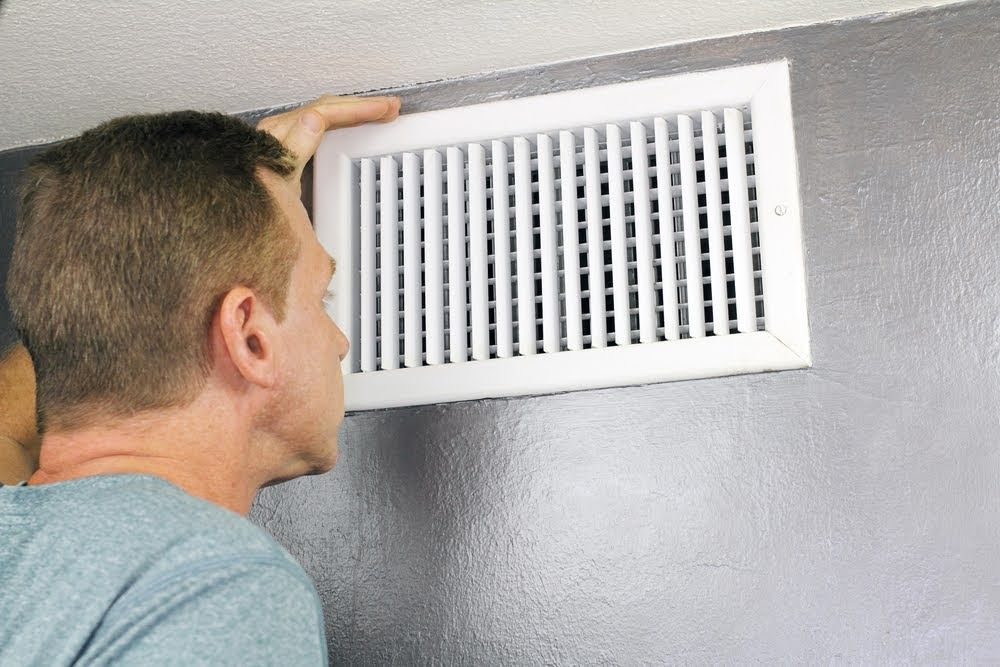5 Tips To Increase the Lifespan of Your HVAC System
- By A-1 Finchum Heating
- •
- 07 Jun, 2023
- •

1. Regularly Change the Air Filter
A clean air filter ensures optimal airflow within the system, allowing it to operate efficiently and maintain consistent performance. The filter captures dust, pollen, pet dander, and other airborne particles, preventing them from circulating in the living space.
A clogged filter restricts airflow, forcing the system to work harder and consume more energy. Over time, a dirty filter becomes less effective in trapping these pollutants, reducing the air quality and potentially causing respiratory issues for occupants.
A clean air filter helps to extend the lifespan of the HVAC system. When the filter is clogged, the system is more prone to mechanical strain and overheating, which can lead to breakdowns and costly repairs. Regular filter changes reduce the strain on the system, promoting its longevity and reducing maintenance expenses.
2. Install a Smart Thermostat
A smart thermostat enables precise temperature control, allowing you to set and maintain the desired temperature more accurately. This eliminates the need for frequent manual adjustments, reducing the strain on the system and preventing unnecessary wear and tear.
A smart thermostat also incorporates advanced features such as scheduling and learning algorithms. It can adapt to your daily routine and adjust the temperature accordingly, optimizing energy usage and reducing the system's runtime. By minimizing excessive heating or cooling cycles, the smart thermostat helps prevent the system from working harder than necessary, thus extending its lifespan.
Moreover, smart thermostats often provide remote access and monitoring capabilities, allowing you to control and monitor your HVAC system from anywhere. This means you can detect and address issues promptly, such as unusual temperature fluctuations or system malfunctions, preventing potential damage and increasing the system's longevity.
3. Determine the Proper Unit Size
When you choose an appropriately sized unit, you ensure optimal performance and efficiency. Undersized units often struggle to meet the cooling or heating demands of your space, causing them to overwork and operate continuously, leading to premature wear and tear. On the other hand, oversized units frequently cycle on and off, resulting in frequent starts and stops, which places additional strain on the system. This excessive cycling reduces the overall lifespan of the equipment.
By selecting the right-sized unit, you allow it to operate within its intended capacity, promoting efficient and balanced operation. This reduces the frequency of breakdowns, lowers maintenance requirements, and extends the longevity of your HVAC system, providing you with reliable comfort for years to come.
4. Upgrade Your Home's Insulation
Upgrading your home's insulation extends the lifespan of your HVAC system by reducing its workload and optimizing its performance. When you improve insulation, you enhance the thermal efficiency of your home, preventing excessive heat loss during winter and minimizing heat gain during summer.
As a result, your HVAC system doesn't need to work as hard to maintain a comfortable indoor temperature. With reduced strain on the system, there is less wear and tear on its components, leading to lower maintenance and repair costs.
5. Clean Vents Annually
Cleaning the vent enhances the lifespan of your HVAC system by promoting optimal airflow and reducing strain on its components. Regular cleaning removes accumulated dust, dirt, and debris that obstruct the air passage. This allows for unrestricted airflow, ensuring efficient operation of the system. With improved airflow, the HVAC system doesn't have to work as hard to circulate air, reducing the risk of overheating and potential breakdowns.
Moreover, a clean vent prevents the accumulation of contaminants within the system, such as allergens, mold, and bacteria.
Here at A-1 Finchum Heating and Cooling, we deliver top-notch HVAC services, keeping you cool in summer and cozy in winter. Contact us today for HVAC installation, repair, and replacement services.





